NOW HIRING!
We are now hiring. Please call or send us an email to submit your applications.
11 Important Steps to Take When Your Vehicle Breaks Down
Experiencing a vehicle breakdown is one of the most stressful situations a driver can face, especially when it happens unexpectedly. Whether you’re navigating a busy highway or stranded on a deserted road, the key to managing such a scenario lies in staying calm and following a strategic plan. Knowing the correct steps can keep you safe, minimize inconvenience, and ensure your vehicle receives the help it needs. Let's walk through the most important steps to take when your vehicle breaks down, helping you remain safe and prepared during such challenging situations.
1. Safely Pull Over
When your vehicle starts showing signs of trouble, your first priority should always be safety. As soon as you notice an issue, gradually slow down and look for a safe spot to pull over. Use your turn signal to let other drivers know your intentions, and aim for a shoulder, emergency lane, or parking lot where you can minimize disruption to traffic.
If possible, avoid stopping on a curve, hill, or any location with limited visibility. These areas increase the risk of an accident, especially if other drivers can’t see your vehicle in time. Once you’ve stopped, immediately turn on your hazard lights to alert others to your situation. This simple step not only protects you but also helps other drivers adjust their movements to avoid your vehicle.
2. Stay Calm and Assess the Situation
Vehicle breakdowns can be stressful, but it’s important to remain calm and collected. Panicking can cloud your judgment and make it harder to take logical steps. Take a moment to breathe deeply and evaluate the situation. Try to determine what might have caused the problem. Is it a flat tire? Did the engine overheat? Do you hear any unusual sounds?
If the issue seems minor and you have the tools and knowledge to address it safely, you may attempt a basic fix, like replacing a tire or topping off coolant. However, if you’re uncertain or suspect a more serious issue, refrain from attempting repairs. Instead, prioritize contacting a towing company for professional assistance. Remember, your safety is more important than trying to solve the problem yourself in a risky environment.
3. Set Up Warning Signals
Once your vehicle is safely parked, it’s essential to warn other drivers of your presence, especially if you’ve broken down on a busy road. If you have reflective triangles, flares, or cones in your emergency kit, set them up behind your vehicle to create a warning zone. This step is particularly crucial at night or during adverse weather conditions when visibility is reduced. If you don’t have any warning devices, keeping your hazard lights on is the next best option. These measures not only protect you but also reduce the risk of secondary accidents.
4. Call for Professional Help
A crucial part of this process often involves contacting a professional towing company to transport your vehicle safely. According to Zippia, over 31,154 tow truck drivers are employed in the United States, highlighting the accessibility of professional help during roadside emergencies. A reliable towing company can be your best ally in this situation, offering the expertise and equipment needed to transport your vehicle safely. When you call, provide the dispatcher with clear details about your location, such as nearby landmarks, mile markers, or road signs. This information will help them locate you quickly and efficiently.
Thanks to the vast network of tow truck drivers across the United States, help is typically not far away. Be patient as you wait for assistance, and use this time to double-check your safety precautions. Stay near your vehicle if it’s safe to do so, or move to a secure location nearby if necessary.
5. Communicate Clearly With the Towing Company
Effective communication with the towing company is crucial for a smooth rescue. When speaking with the dispatcher, provide as much detail as possible about your situation. Mention whether your vehicle is operational, the nature of the problem, and any specific challenges they might encounter. Clear communication allows the towing company to dispatch the appropriate equipment and personnel, saving time and reducing potential complications. Being transparent about your situation ensures that the process goes smoothly from start to finish.
6. Avoid Straying From Your Vehicle
While waiting for help, it’s important to stay close to your vehicle. Straying too far can make it difficult for the towing company to locate you and could put you at risk if you’re in an unfamiliar or unsafe area. If your car is in a precarious spot, move to a safer location nearby, but keep your vehicle within sight. Staying nearby ensures you’re ready to provide the towing operator with any additional details they may need. It also allows you to keep an eye on your belongings, preventing potential theft or loss.
7. Prioritize Personal Safety
Your safety and that of your passengers should always come first. While waiting for assistance, remain vigilant and avoid interacting with strangers who may approach your vehicle. If someone offers help, thank them politely and let them know you’ve already contacted a towing company. Keep your phone charged and ready to use in case you need to make additional calls or provide updates. If you feel unsafe at any point, don’t hesitate to call the police for assistance.
9. Document the Breakdown
While waiting for the towing company to arrive, take a few moments to document your situation. Use your phone to take photos of your vehicle, the surrounding area, and any visible damage. This documentation can be helpful if you need to file an insurance claim or dispute charges later. Keeping a record also helps you explain the situation more accurately to mechanics or other professionals who may assist you after the towing company has done its job.
10. Understand Towing Options and Costs
When the tow truck arrives, discuss your options with the driver. Depending on the severity of the issue, you may need to tow your vehicle to a repair shop, your home, or another designated location. Consider factors like distance, urgency, and cost when making your decision. If your insurance policy includes roadside assistance, be sure to inform the towing company and verify any coverage limits. Understanding your options and costs upfront can help you avoid surprises later.
11. Learn From the Experience
After resolving the breakdown, take time to reflect on the experience and learn from it. Was there a way to prevent the issue, such as regular maintenance or carrying better tools? Use the incident as an opportunity to improve your preparedness for future situations. By staying proactive, you can reduce the likelihood of future breakdowns and minimize stress on the road.
Vehicle breakdowns are never convenient, but they don’t have to be overwhelming. By following these steps — starting with pulling over safely and contacting a reputable towing company — you can manage the situation effectively and minimize stress. Preparation is key to navigating breakdowns smoothly. Keeping an emergency kit in your car, staying calm under pressure, and maintaining regular vehicle inspections can help you stay one step ahead of potential issues. Remember, prioritizing safety and seeking professional assistance will ensure that you’re back on the road as quickly and safely as possible. If you ever run into issues on the road, be sure to reach out to the professionals at Bad Day Towing Company. We offer competitive prices and 24/7 accident response!

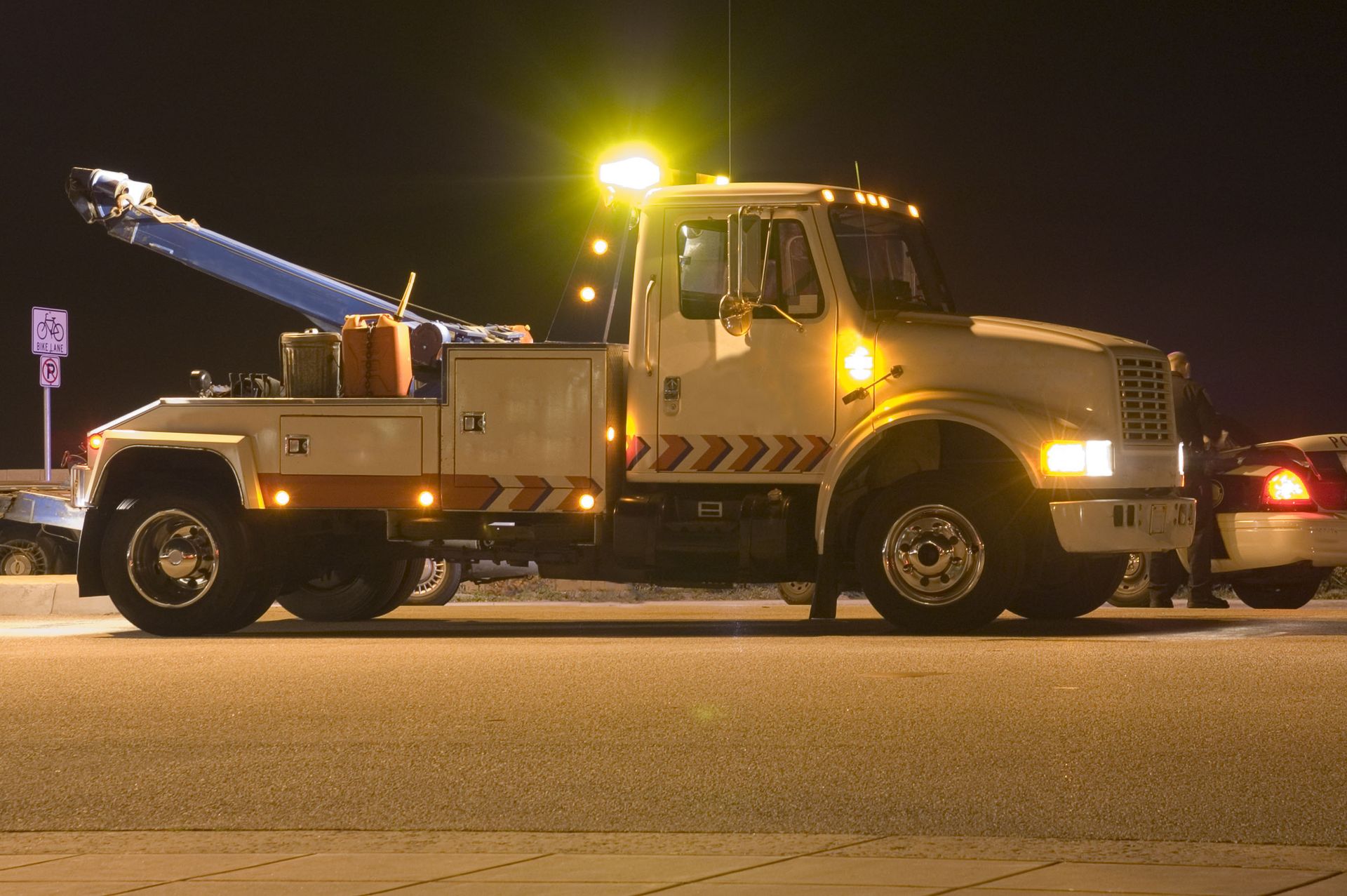
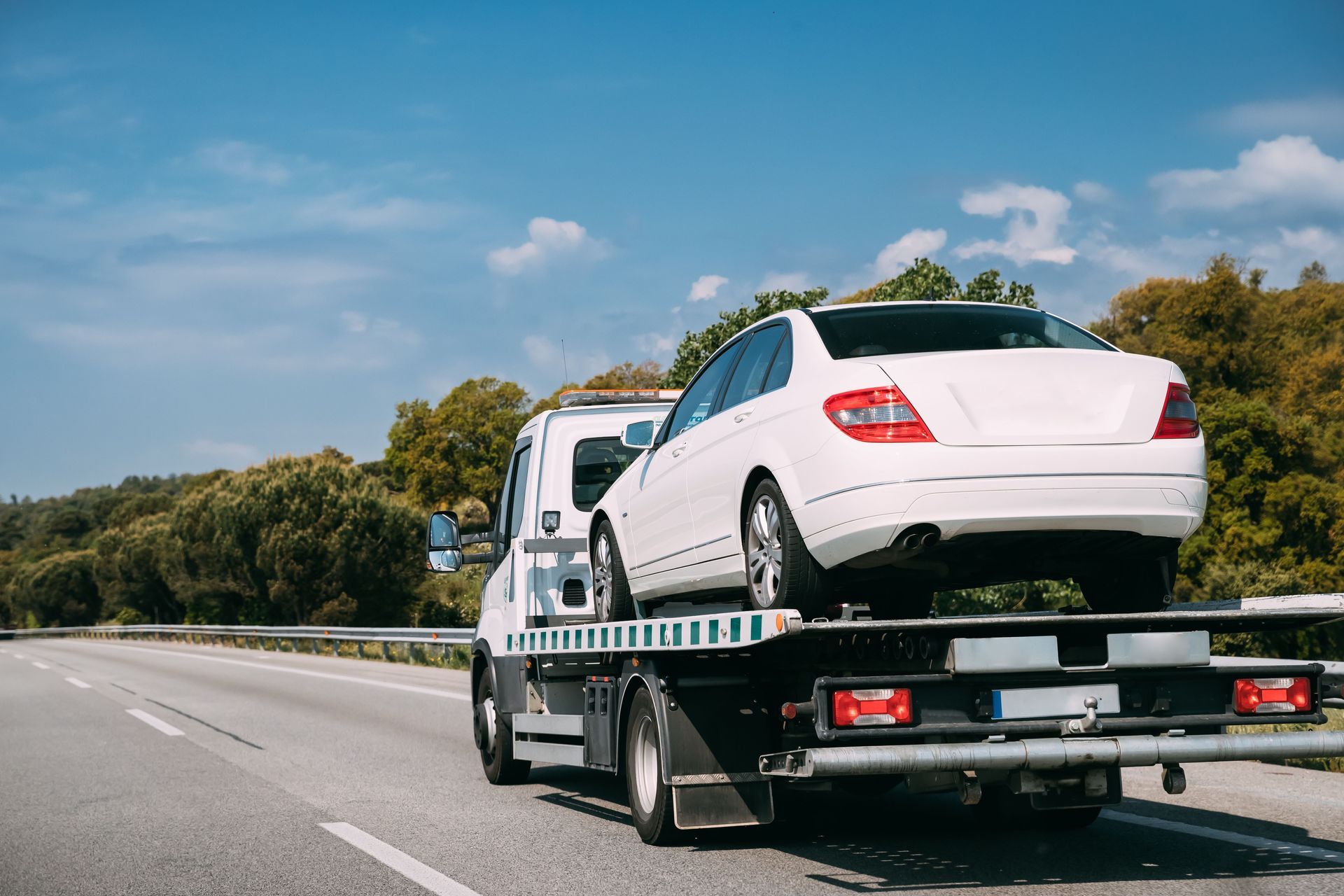
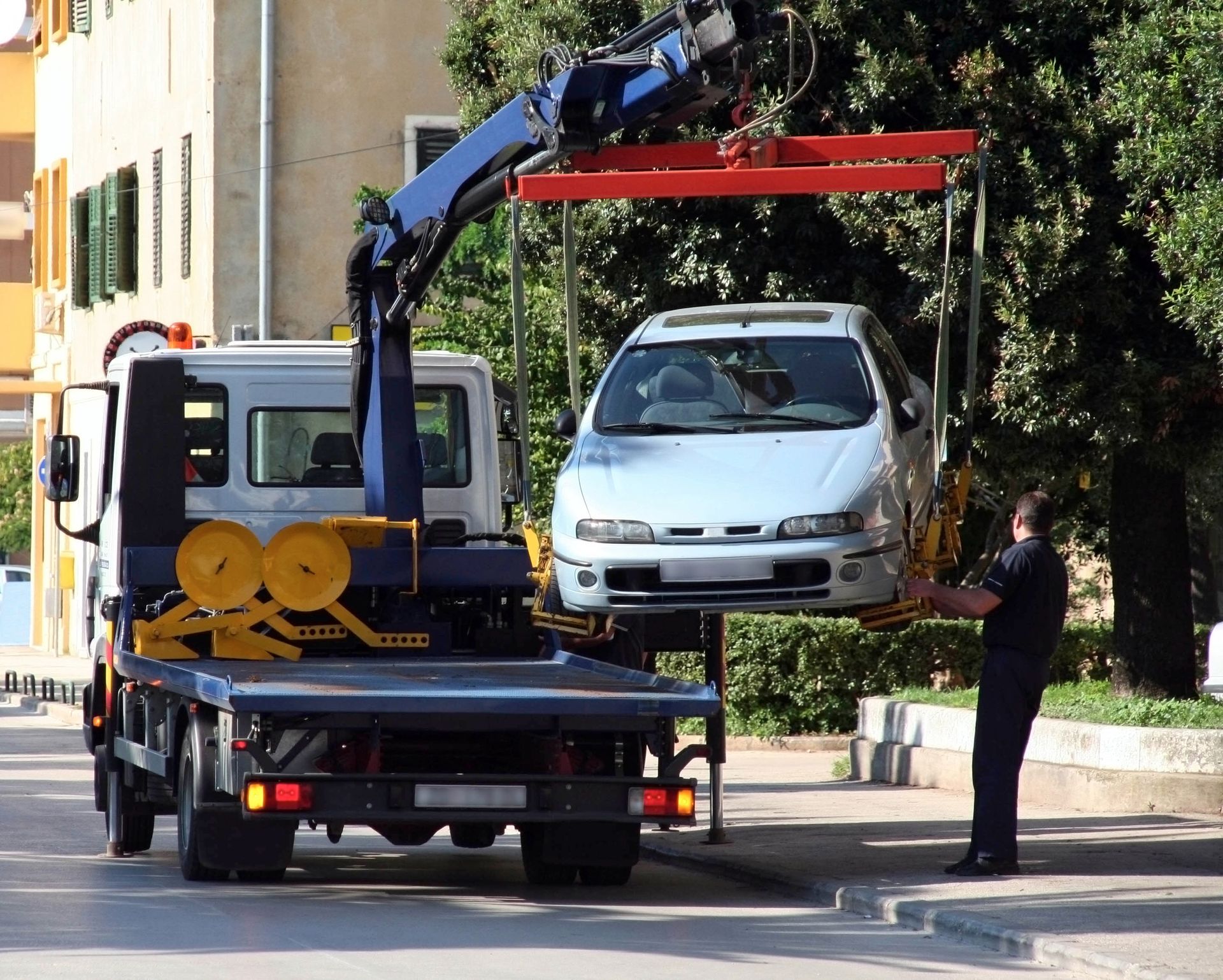
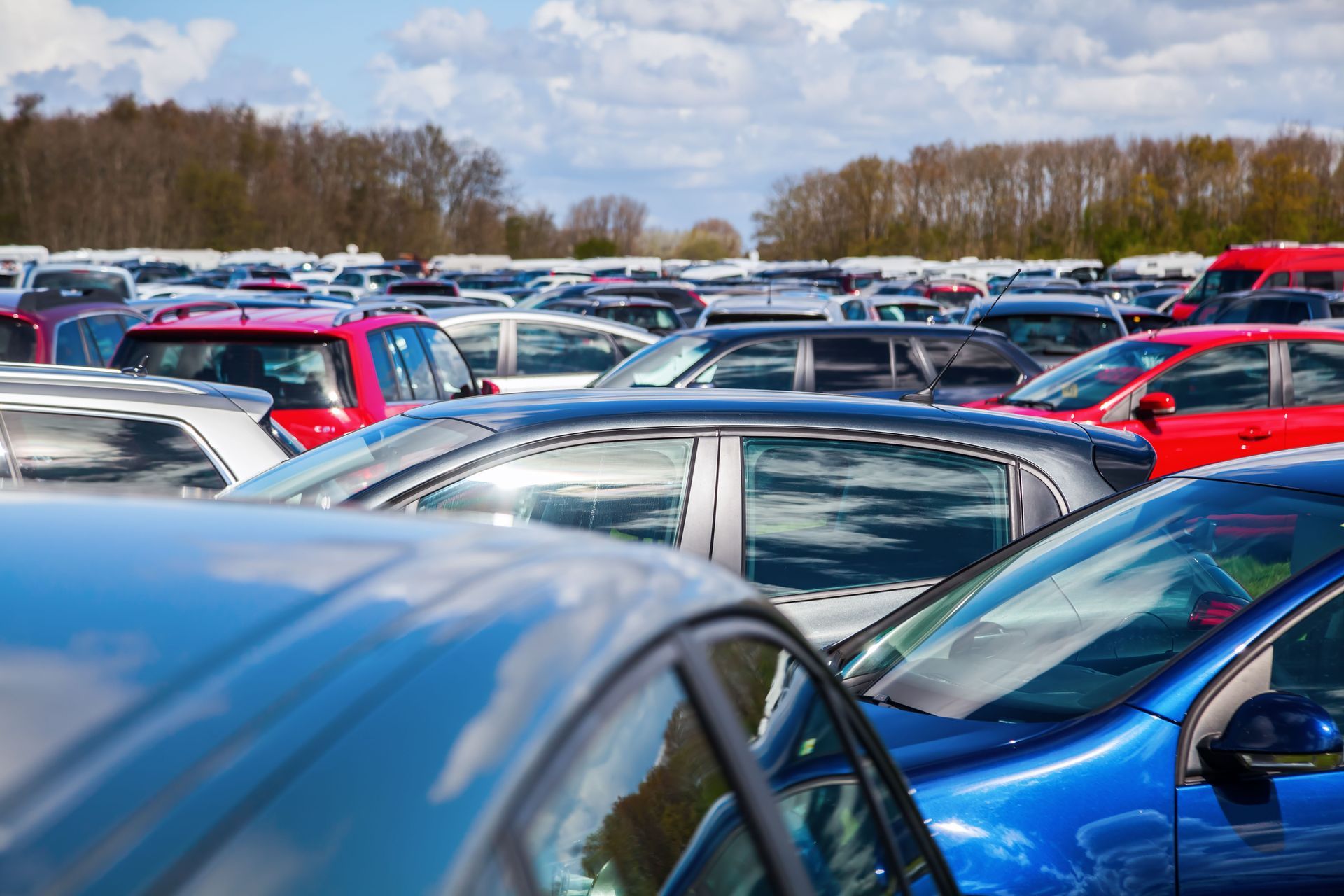
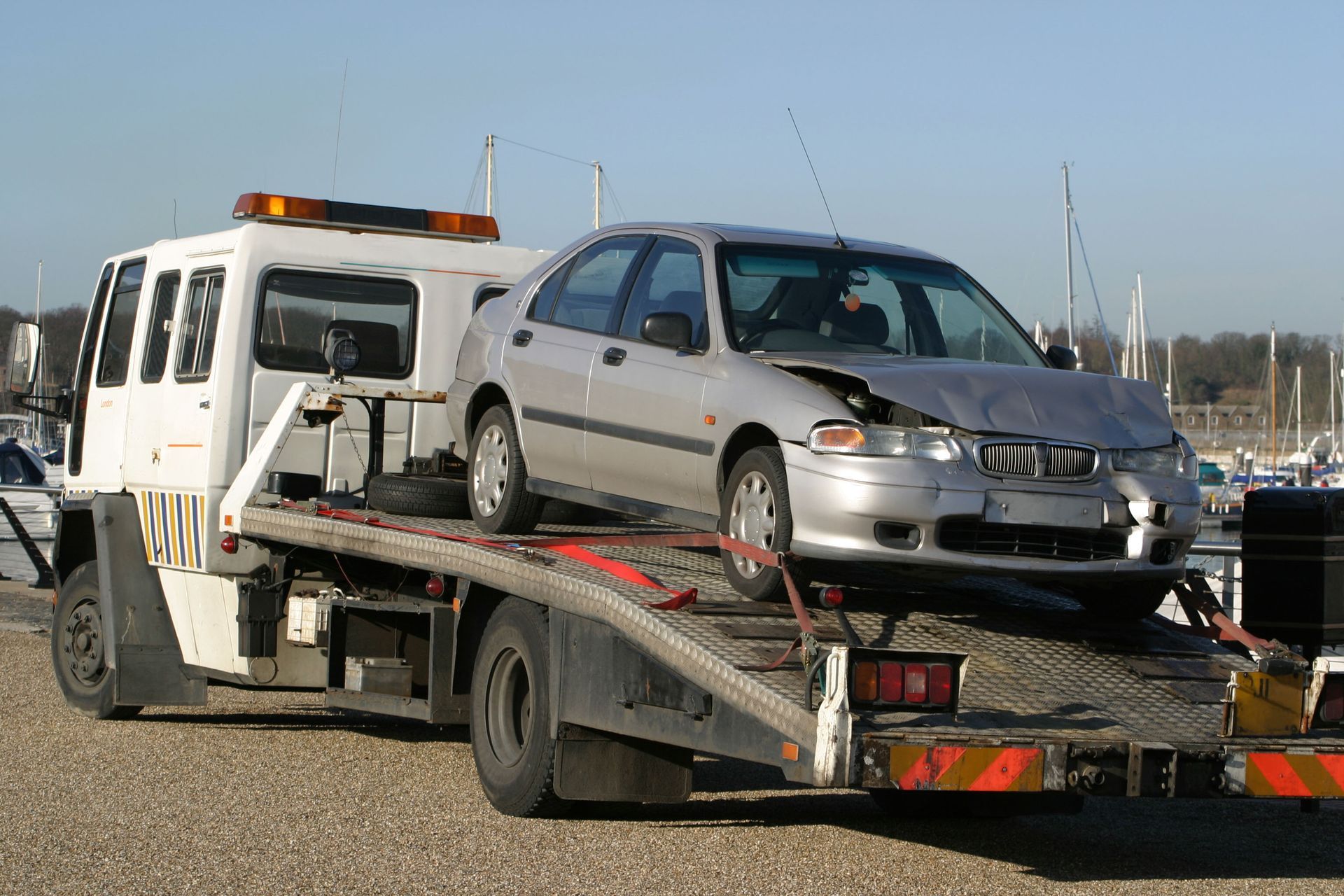
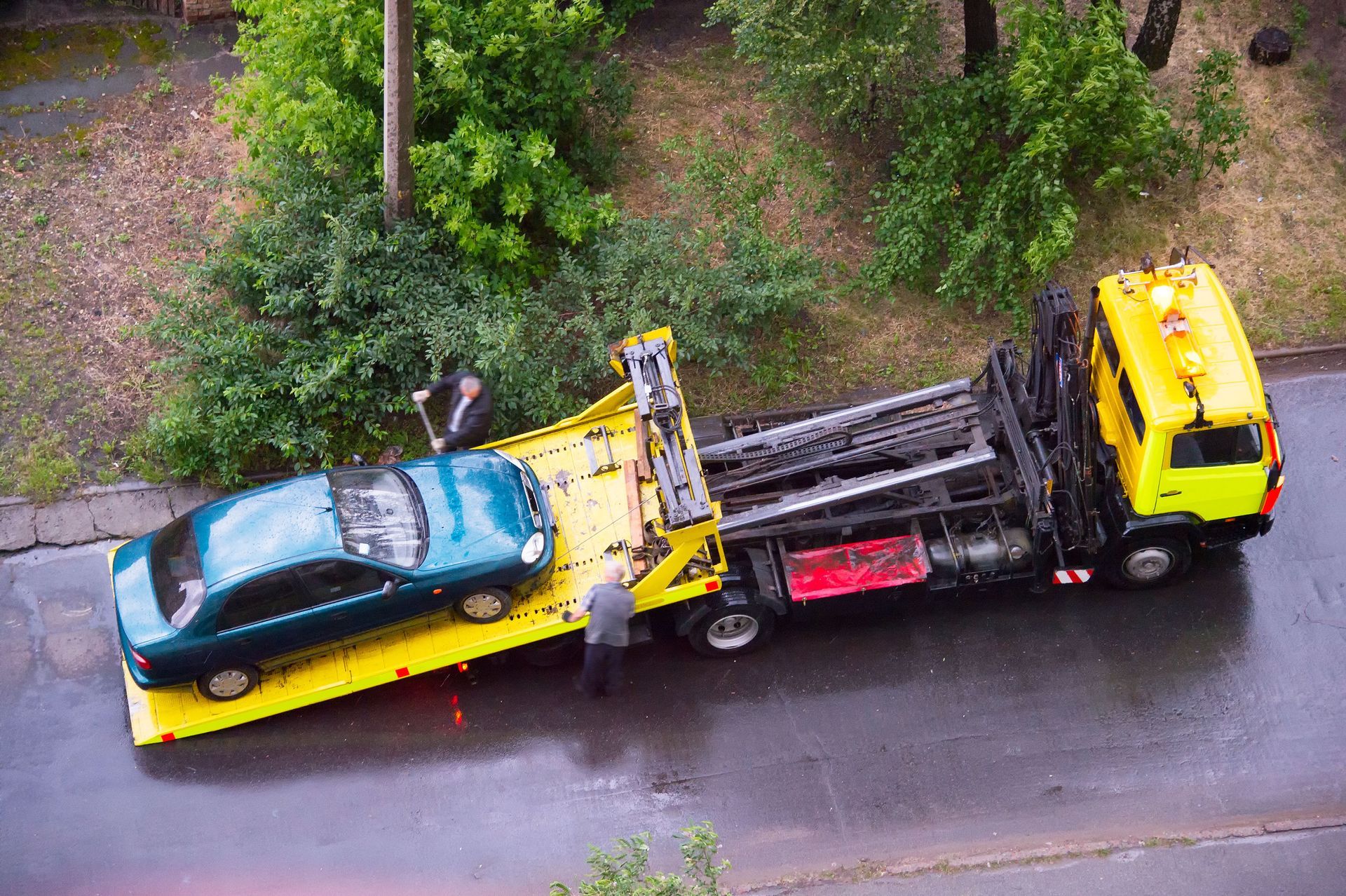
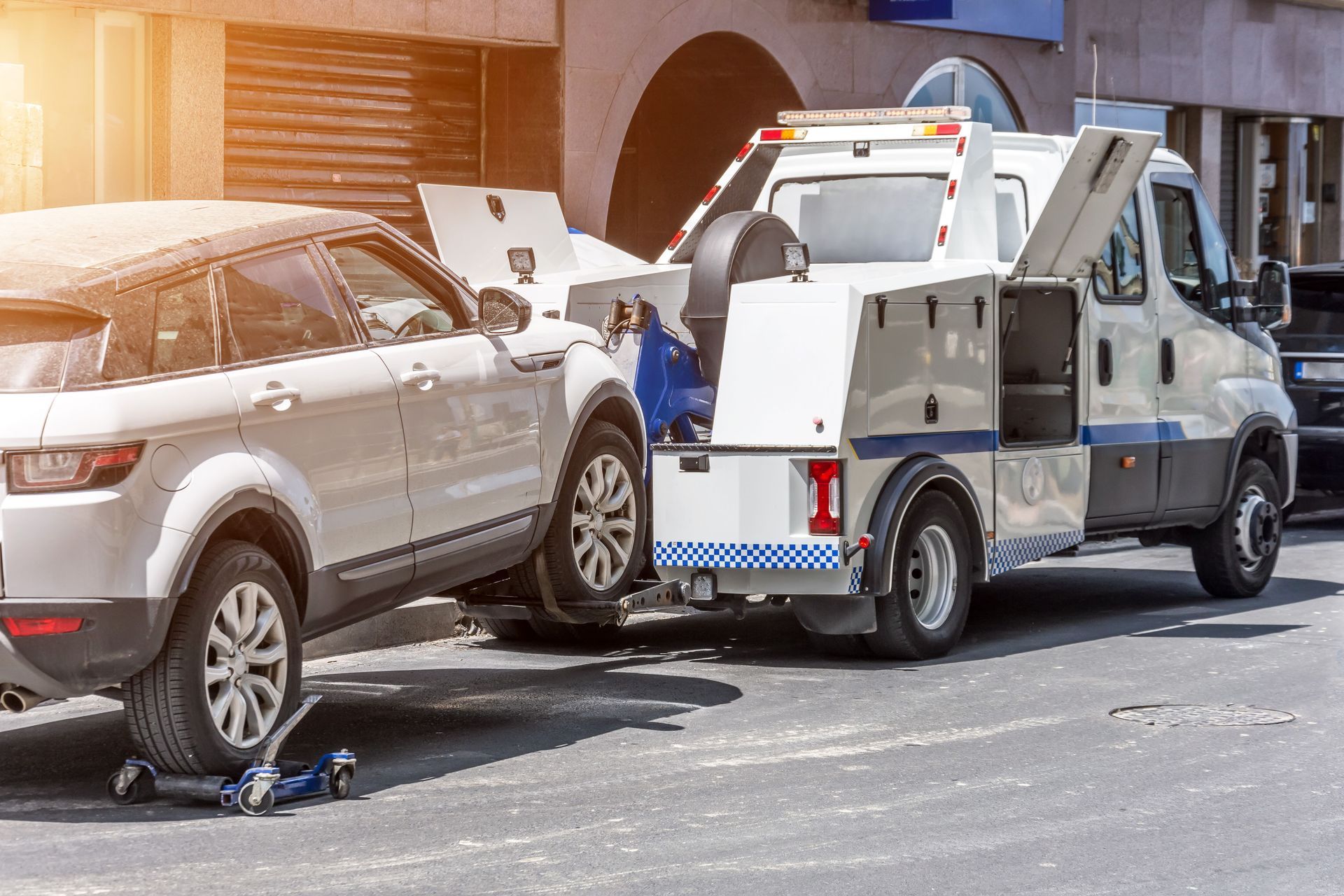
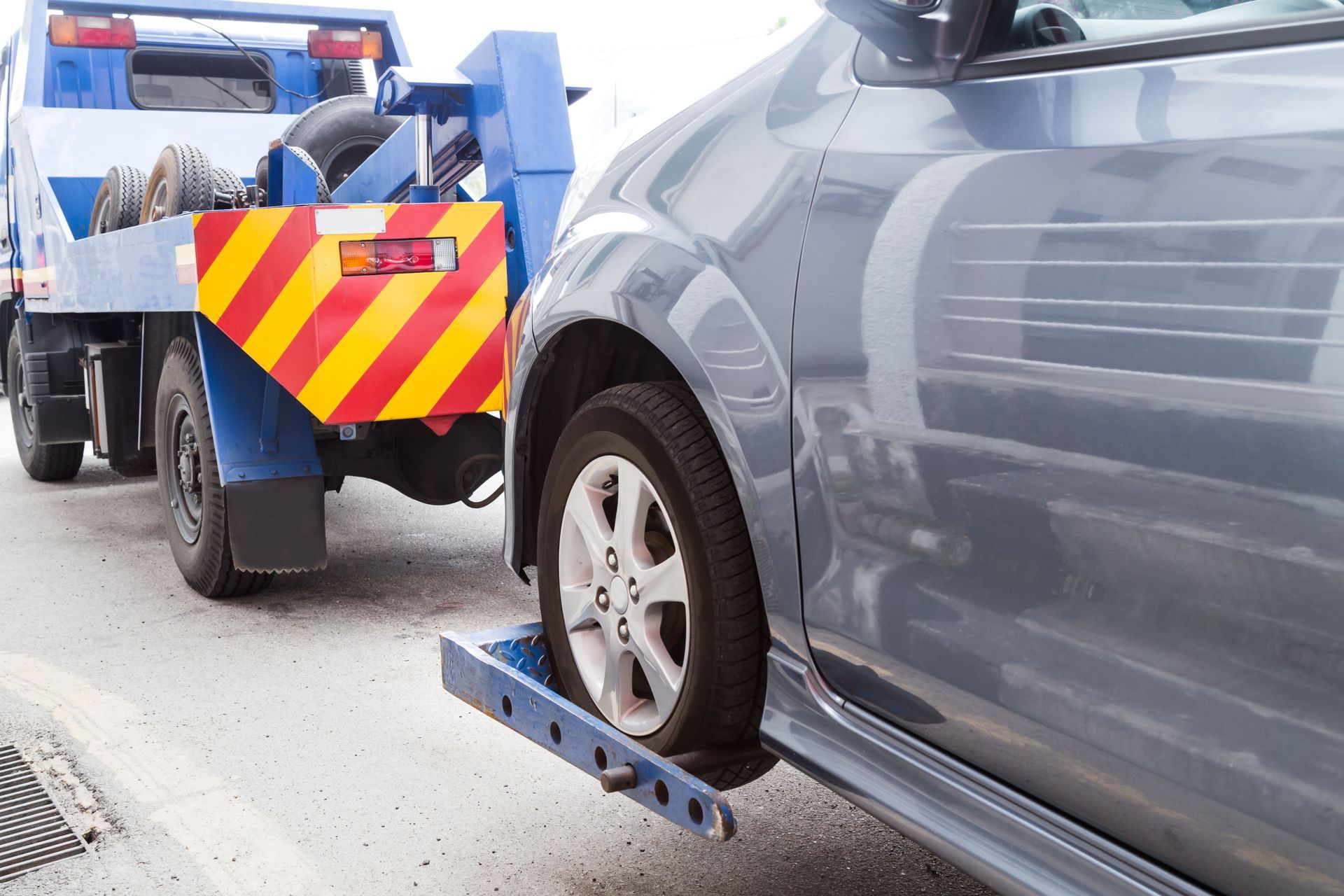
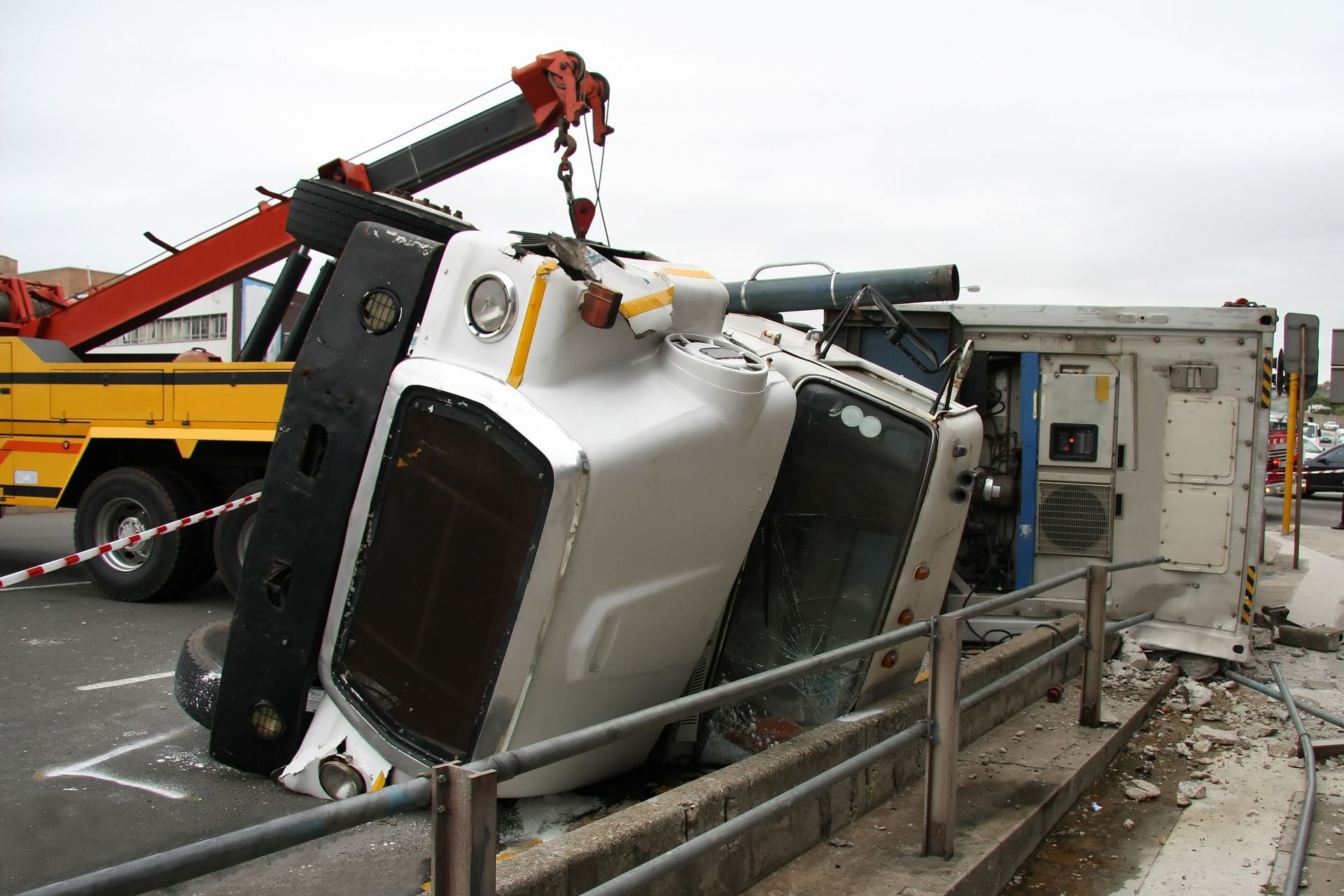
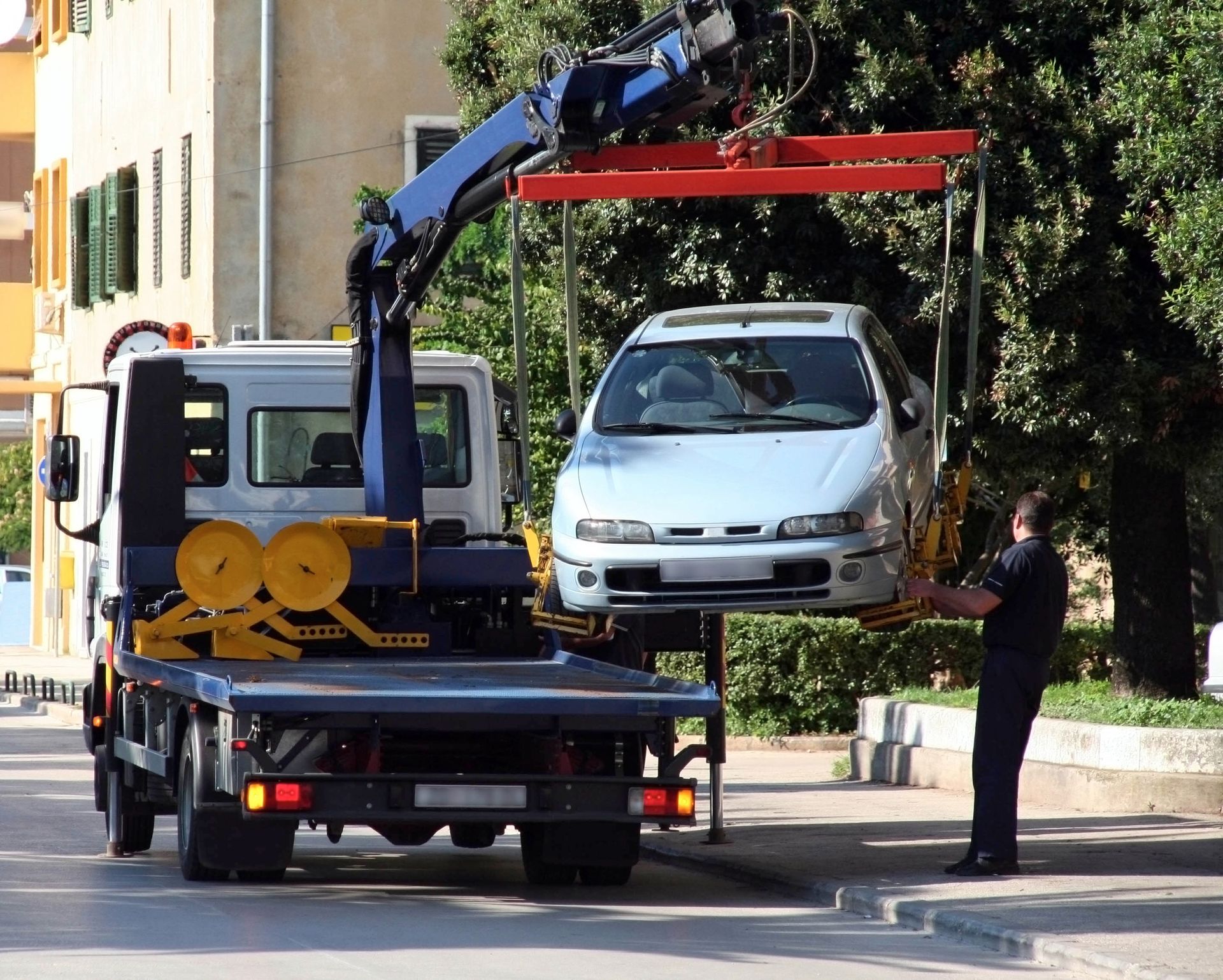
Share On: